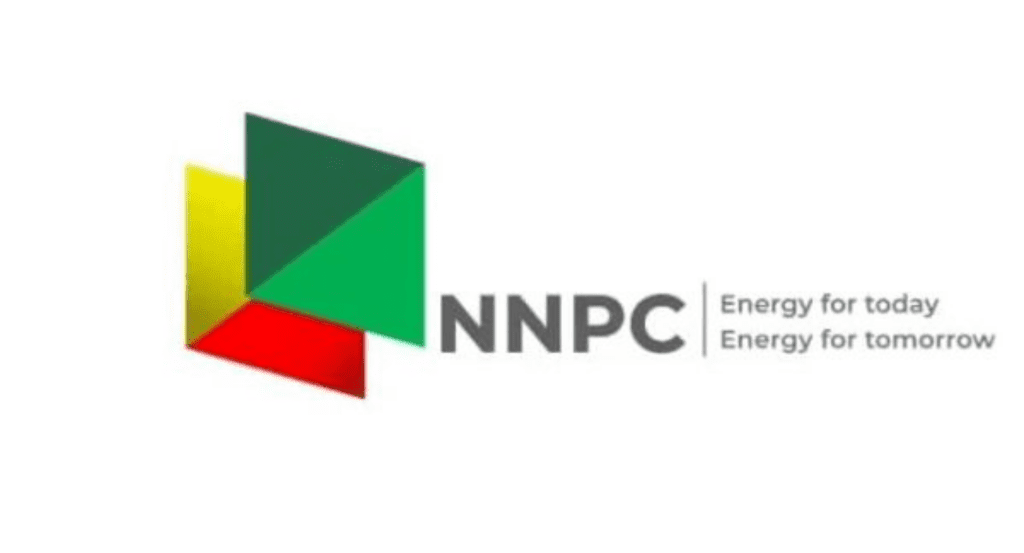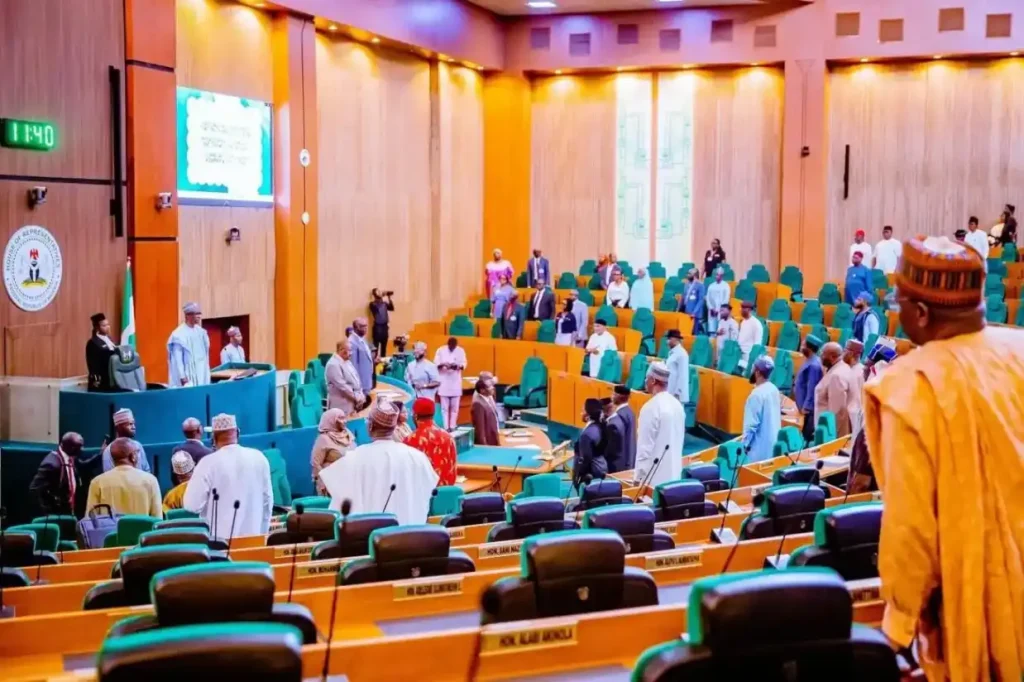The Nigerian National Petroleum Company Limited (NNPCL) has come under intense scrutiny following allegations of illegal deductions from the federation’s revenue and irregular transactions during former President Muhammadu Buhari’s tenure as Petroleum Minister. Reports from the Office of the Accountant-General of the Federation (OAGF) indicate that over ₦514 billion in transactions involving the NNPCL remain under question.
According to the Federation Account Allocation Committee (FAAC), the NNPCL allegedly deducted ₦426 billion without proper authorization from the federation’s revenue. These deductions reportedly occurred during Buhari’s administration, raising concerns about financial accountability and transparency within the oil corporation.
The OAGF’s report highlights significant discrepancies, including failure to remit oil revenues, unexplained withdrawals, and questionable payments. Critics argue that these practices undermine Nigeria’s efforts to ensure financial prudence in managing its oil wealth.
Civil society groups and legal experts have called for immediate investigations into the allegations. Femi Falana, a prominent human rights lawyer, has urged the federal government to prosecute those responsible and review the management structure of state-owned refineries. Falana, backed by several advocacy groups, opposes any plans to privatize Nigeria’s refineries, arguing that such moves could further entrench corruption and mismanagement.
The NNPCL has defended its actions, asserting that some deductions were used to subsidize fuel costs and maintain price stability. However, many Nigerians remain skeptical, citing a lack of transparency and accountability in subsidy-related expenditures.
Former President Olusegun Obasanjo recently criticized the NNPCL, accusing the corporation of operating as a “state within a state.” Obasanjo’s remarks have reignited debates about the need for comprehensive reforms in Nigeria’s oil sector, including increased oversight of the NNPCL’s operations.
Analysts warn that these allegations could damage investor confidence in Nigeria’s oil and gas sector. They argue that fostering accountability and transparency is critical to rebuilding trust and ensuring the sustainable management of the nation’s petroleum resources.
The NNPCL’s activities have long been a subject of public and political discourse. With calls for independent audits and judicial inquiries mounting, the federal government faces pressure to act decisively to restore confidence in its management of Nigeria’s oil wealth.
As Nigerians await further developments, the controversy underscores the need for reforms to address longstanding challenges in the oil and gas sector, which remains vital to the country’s economy.























